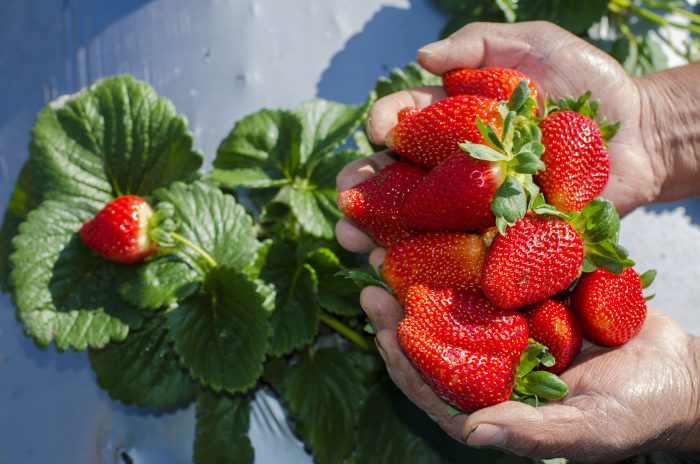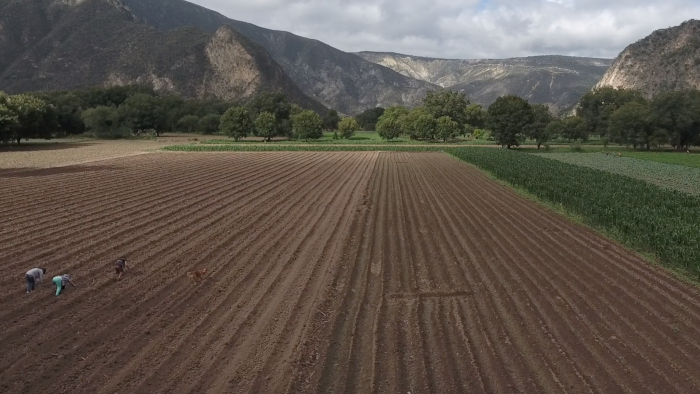The project Integration of Biodiversity in Mexican Agriculture (IKI-IBA), jointly implemented by the Deutsche Gesellschaft für Internationale Zusammenarbeit (GIZ) GmbH and the Ministry of Agriculture and Rural Development (AGRICULTURA) aims to recognize and integrate the value of biodiversity and ecosystem services into the decision-making and planning instruments of key public and private actors in the Mexican agricultural sector. Thus, the project contributes to SDG 2, 12, 15, and 17.
In the fight against hunger (SDG 2), work is being done with small agricultural producers to improve their productivity and promote their access to markets and value chains. Also, the development of financial mechanisms that respect the environment and ensure the provision of ecosystem services is promoted, in which the application of agricultural production practices that are friendly to biodiversity and the climate are key to sustainable and long-term production.

Meanwhile, the project promotes the development of sustainable management instruments and intersectoral coordination in addition to distributing information and knowledge that favor sustainable development (SDG 12).
One of the alliances to achieve the objectives (SDG 17) is based on a TEEB study, in which recommendations will be made for the integration of biodiversity in the agricultural sector’s policy and planning instruments; policy coherence will be supported for sustainable development.
Methodologies applied successfully at an international level are also adapted and implemented to strengthen the capacity of key actors in the use of information on the effects and dependencies between agriculture (including livestock and forestry) and biodiversity, allowing their integration into agriculture.
The IKI-IBA project contributes to the SDGs by working with the Mexican government in the framework of a process that guarantees food security and reduces negative impacts on the environment and people’s health, laying the foundations for adaptation to climate change.

